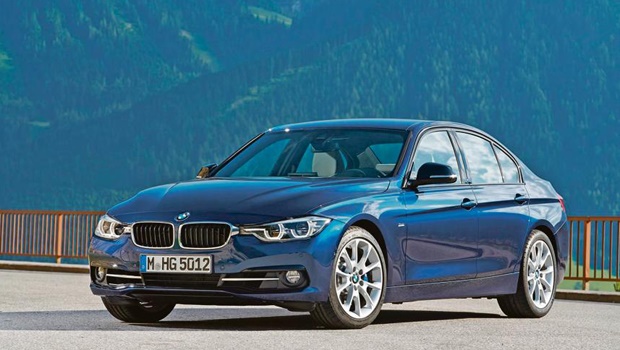South Africans are known for treating their vehicles as status symbols – on average, those who are financing their cars tend to buy a new one every three years. But there is another option. Neesa Moodley explores the pros and cons of leasing
Simphiwe Nghona, executive head of Wesbank’s motor division, says that due to affordability issues the majority of the bank’s customers are now opting to finance their cars over longer periods.
Nghona says that, as a result, if you take out a 72-month (six-year) car-finance contract, the break-even point at which you will be able to sell or trade the car in without making a loss is usually only between 42 to 49 months into the contract.
“We are seeing that clients, on average, want to change their cars every 37 or 38 months, which means there is a shortfall,” he observes.
This may not be a sound financial decision, but if you really want to drive a new car every three years, then leasing, rather than buying, could be an option, considering the shortfall you will be liable for if you finance the vehicle.
Keith Watson, managing director of car-leasing firm Ariva, says at least 5% to 6% of consumers are now leasing cars, which is still a small portion of the consumers in the car market. Leasing a car is very similar to a hire purchase contract – the big difference is that when you lease, you will not own the car at the end of the contract but will simply return it, unless you arrange with Ariva to buy it outright.
“In an environment where consumers want to change their cars every three to four years, leasing a car makes sense. At the three-year point, our clients have the option to trade out of the lease contract without penalties,” Watson says.
However, if you want to opt out of a lease contract before three years, you will have to pay a percentage of the outstanding contract amount as a penalty. The average term on a car-lease contract is 58 months.
What cars can you lease?
Contrary to popular perception, the cars that are typically leased are not high-end models but what Watson refers to as “typical middle-market models”, such as Hyundais, Toyotas, Volkswagens and Kias. Note that leasing a car is not the same as the special offer from a dealership, which offers you a “guaranteed buyback”, although Watson says it is a similar concept.
When you lease, you can include a mileage restriction in your contract to reduce the cost of the lease. One of the benefits of leasing a car is that you are not locked into buying a particular brand.
Insurance
If you lease a car, your insurance is included in the cost of the lease agreement. Watson says Ariva, for example, has a bulk-insurance arrangement with different insurers that includes a tracking unit. Your insurance risk is assessed during the credit-approval process for the lease agreement and the insurance includes the usual benefits, such as roadside assistance, with a flat excess fee of R5 000.
If you buy a car, you have to arrange your own insurance and this is usually an additional cost over and above the actual car instalments you have to pay each month.
. If you consider buying a car with a “guaranteed buy-back”, make a note of any mileage limitations. In most cases, the fine print will specify that the car mileage must not exceed a certain number of kilometres each year.
. Watch out for residuals. A residual on a car purchase is known as a “balloon payment” that is deferred to the end of the contract term. This means that, at the end of the hire-purchase period, you will still be liable for the residual amount.
You will either have to refinance the car, have the cash available to settle the amount or sell the car in the hope that the trade-in price you are offered for the vehicle will cover the residual amount.




 Publications
Publications
 Partners
Partners










